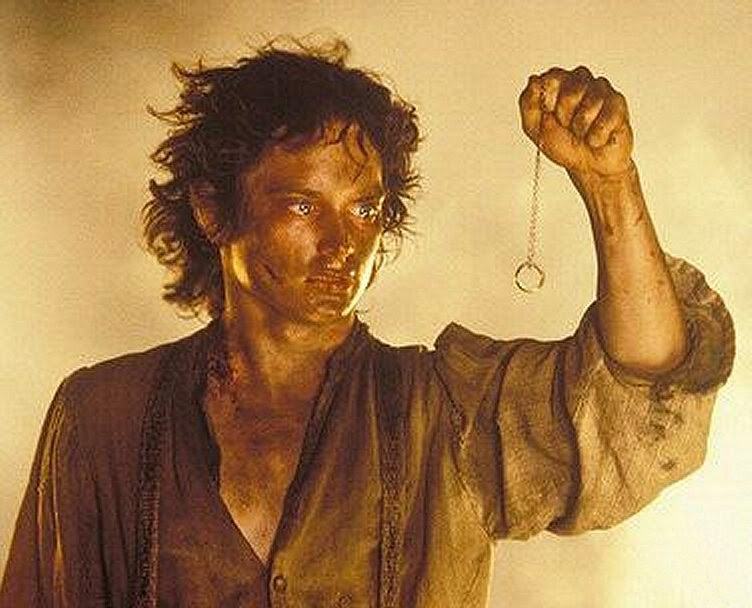I argue that D&D an games of a similar ilk have an inherent element of railroading to them. Dungeons are linear. Players go from numbered room to numbered room encountering whatever is detailed in those locations. You can't go to Room 5 if there is no Room 5. So, player characters, by choosing to engage in a dungeon crawl, are submitting to a certain level of railroading.
Railroading is not functional in more story-focused games like Vampire: The Masquerade and A Song of Ice & Fire. Games that focus on character proactivity and roleplaying require far more freedom than more traditional adventure RPGs. So for purposes of this blogpost, adventure fantasy types of RPGs I'm focusing on.
Other than poor gamemastering, railroading is most evident in modules and pre-written adventures. If the adventure is written under the assumption that the player characters are going to go explore the Temple of the Big Bad and they don't then the written adventure seems to grind to a screaming halt.
But there's an inherent flaw in this concept: The world doesn't grind to a screeching halt and wait for the PCs to act. The world of an RPG continues moving forward whether the player characaters act or not. Sauron continues to mass his armies in Mordor whether or not Frodo sets out to destroy the Ring. The Empire will continue to trouble the galaxy whether or not Luke ever leaves Tatooine. The forces of evil are proactive.
This means that a clever DM can subtley obligate the players to deal with the threat at hand, because if they don't that threat will continue to grow in power. But if the Temple of the Big Bad is in the north and the players decide to head west instead (for whatever reason), what's a DM to do? Well, maybe there's another temple or cave in the west that was undiscovered. Because the players never went to the northern Temple of the Big Bad in the north the DM can effectively move the central threat without breaking the established details of the campaign. The growing evil is now bigger than suspected because they have evil outposts to the north and the west - because evil is proactive.
Creating the sense that the threat of your campaign is a growing, breathing thing not only gives a tense and sense of grandure to a campaign that your players can enjoy, it also allows the DM to move these threats which they have detailed into the path of the player characters regardless of what route they take.
Creating the sense that the threat of your campaign is a growing, breathing thing not only gives a tense and sense of grandure to a campaign that your players can enjoy, it also allows the DM to move these threats which they have detailed into the path of the player characters regardless of what route they take.
No, it isn't perfect - but it can help keep the player characters, gamemaster and campaign as a whole focused - as long as it isn't too heavyhanded.











